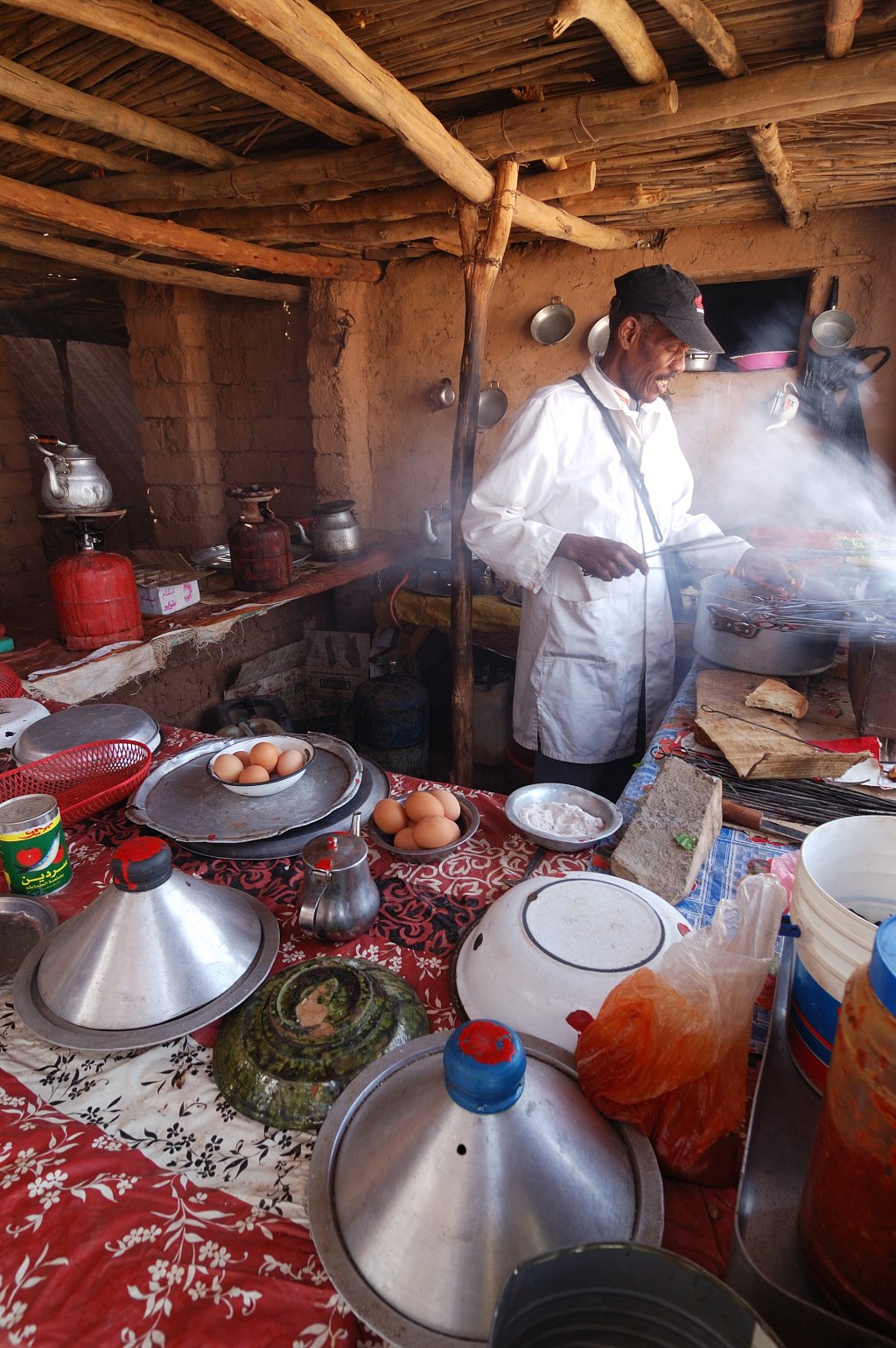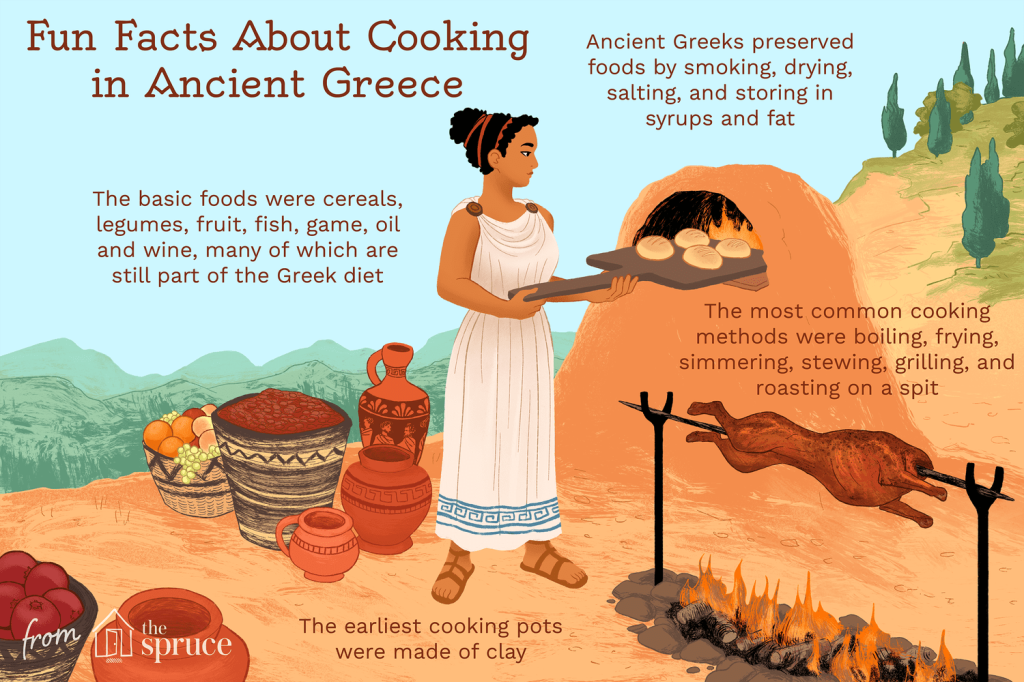Cooking Techniques History
Introduction
Dear Readers,
Welcome to an exciting journey through the history of cooking techniques. In this article, we will explore the origins and evolution of various cooking methods that have shaped the culinary world as we know it today. From ancient fire pits to modern sous vide, cooking techniques have evolved to enhance flavors, improve efficiency, and satisfy our taste buds.
In this article, we will delve into the what, who, when, where, why, and how of cooking techniques history. By understanding the origins and development of these techniques, we can gain a deeper appreciation for the rich heritage behind our favorite dishes.
What is Cooking Techniques History?

Image Source: wikimedia.org
🔍 Cooking techniques history refers to the study of the methods and practices that have been used throughout time to prepare food. It encompasses a wide range of processes, such as grilling, frying, baking, and steaming, among others.
🔍 This history helps us understand how different cultures and civilizations have influenced and shaped the way we cook today.

Image Source: thespruceeats.com
🔍 By exploring cooking techniques history, we can gain insights into the various ingredients, tools, and innovations that have revolutionized culinary traditions.
🔍 Additionally, understanding the advantages and disadvantages of different cooking techniques allows us to make informed choices in the kitchen.
🔍 Let’s delve into the fascinating world of cooking techniques history.
Who Invented Cooking Techniques?
🔍 The invention of cooking techniques cannot be attributed to a single individual. Rather, it is a culmination of experiments, discoveries, and cultural practices developed by early humans.
🔍 The origins of cooking techniques can be traced back to prehistoric times when our ancestors began to control and utilize fire as a tool for survival. This marked the beginning of a culinary revolution.
🔍 Over time, different civilizations, such as the Egyptians, Greeks, Romans, and Chinese, contributed to the refinement and advancement of various cooking techniques.
🔍 Notable figures in the history of cooking techniques include Apicius, a Roman gourmet and author of the oldest known cookbook, and Marie-Antoine Carême, a French chef who revolutionized haute cuisine in the 19th century.
🔍 The evolution of cooking techniques continues to this day, with modern chefs and scientists pushing boundaries and experimenting with new methods.
When Did Cooking Techniques Begin?
🔍 Cooking techniques can be traced back to the discovery and control of fire, which is believed to have occurred around 1.9 million years ago.
🔍 The use of fire for cooking provided early humans with the ability to consume a wider variety of foods and made digestion easier.
🔍 The development of pottery and the introduction of metal cookware further expanded the possibilities and efficiency of cooking techniques.
🔍 Throughout history, cooking techniques have continuously evolved, adapting to technological advancements and cultural changes.
🔍 The Industrial Revolution in the 18th century brought forth new cooking technologies, such as gas stoves and ovens, which revolutionized the way food was prepared.
Where Did Cooking Techniques Originate?
🔍 Cooking techniques originated from different parts of the world, with each culture contributing its own unique methods and flavors.
🔍 The use of fire for cooking is believed to have originated in Africa, where early humans first discovered its benefits.
🔍 Ancient civilizations like the Egyptians, Greeks, and Romans developed sophisticated cooking techniques that were influenced by their respective culinary traditions.
🔍 Asian cultures, such as those in China, India, and Japan, have also played a significant role in shaping cooking techniques through the introduction of methods like stir-frying, tandoori, and tempura.
🔍 Today, cooking techniques have become global, with the fusion of different culinary traditions creating diverse and exciting flavors.
Why is Cooking Techniques History Important?
🔍 Understanding cooking techniques history is important as it allows us to connect with our culinary heritage and appreciate the innovations that have shaped modern cooking.
🔍 By learning about cooking techniques history, we can gain insights into the cultural, social, and technological factors that influenced the way we cook.
🔍 It also helps us make informed choices in the kitchen by understanding the advantages and disadvantages of different cooking methods.
🔍 Additionally, knowledge of cooking techniques history can inspire creativity and experimentation in the culinary arts.
🔍 Whether you are a professional chef or a home cook, exploring cooking techniques history can enhance your skills and broaden your culinary horizons.
How Have Cooking Techniques Evolved?
🔍 Cooking techniques have evolved significantly over time, driven by advancements in technology, cultural exchange, and the quest for new flavors.
🔍 The discovery and control of fire enabled early humans to cook food, making it more digestible and expanding their dietary options.
🔍 The introduction of pottery and metal cookware allowed for more efficient cooking and the development of new techniques.
🔍 The invention of the oven, stove, and other kitchen appliances revolutionized the way food is prepared, making cooking more convenient and precise.
🔍 The fusion of different culinary traditions through globalization has led to the emergence of new cooking techniques and flavor combinations.
🔍 Nowadays, modern technologies like sous vide, molecular gastronomy, and induction cooking continue to push the boundaries of traditional cooking techniques.
Advantages and Disadvantages of Cooking Techniques
🔍 Grilling: Grilling imparts a smoky flavor and creates a delicious charred crust on meats and vegetables. However, it can also result in uneven cooking and the risk of charring or burning the food.
🔍 Frying: Frying achieves crispy textures and enhances flavors. However, it can be high in oil and calories, and if not done properly, can result in greasy and unhealthy dishes.
🔍 Baking: Baking allows for even cooking and the development of rich flavors. However, it requires precise temperature control and can take longer than other cooking methods.
🔍 Steaming: Steaming preserves the natural flavors and nutrients of food. However, it may result in a loss of texture and can be less effective for browning or caramelization.
🔍 Sous Vide: Sous vide ensures precise and consistent cooking. However, it requires specialized equipment and can be time-consuming.
FAQs
1. Can I use a grilling technique indoors?
Yes, you can use a grill pan or an electric grill indoors to achieve similar results to outdoor grilling.
2. What is the best cooking technique for retaining nutrients in food?
Steaming is the best cooking technique for retaining nutrients as it requires minimal water and shorter cooking times.
3. Are there any health risks associated with frying?
Frequent consumption of fried foods can contribute to health issues like obesity and heart disease. It’s best to enjoy fried foods in moderation.
4. Can I combine different cooking techniques in one dish?
Absolutely! Combining cooking techniques can create complex flavors and textures in a single dish.
5. Are there any traditional cooking techniques that have been forgotten?
Yes, there are many traditional cooking techniques that have been lost or overshadowed by modern methods. However, some culinary enthusiasts are reviving these techniques to preserve cultural heritage.
Conclusion
In conclusion, the history of cooking techniques is a fascinating journey that takes us from the discovery of fire to the cutting-edge innovations of today. By exploring the origins and evolution of these techniques, we can gain a deeper appreciation for the culinary traditions that have shaped our world.
From grilling to frying, baking to steaming, each cooking technique has its own advantages and disadvantages. Understanding these nuances allows us to make informed choices and create memorable meals.
So, the next time you step into the kitchen, remember the rich history behind the techniques you use. Embrace tradition, experiment with new methods, and continue the culinary evolution.
Final Remarks
🔔 Please note that the information provided in this article is for educational purposes only. It is always important to exercise caution and follow proper food safety guidelines while cooking. Additionally, individual dietary needs and preferences may vary, so it is advisable to consult a healthcare professional or nutritionist for personalized advice.
Thank you for joining us on this culinary journey. Happy cooking!